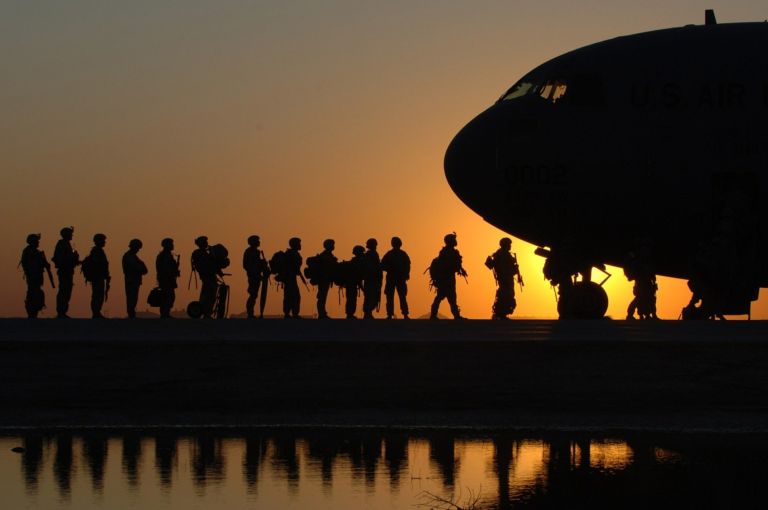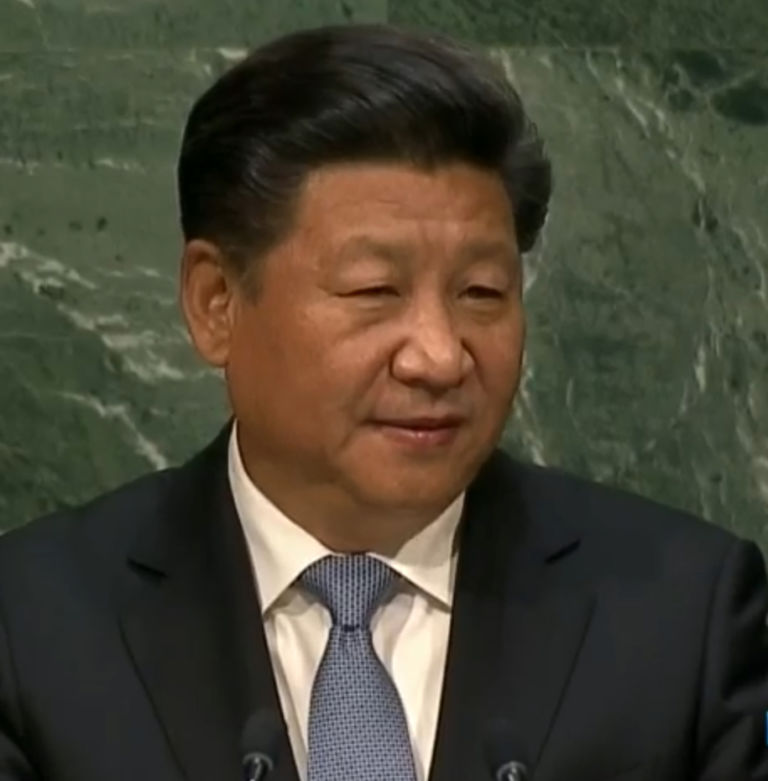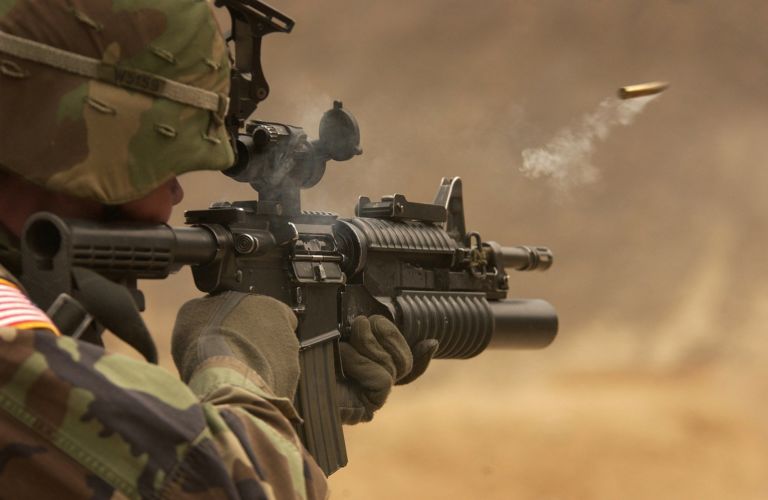… when the Locker Room spotlighted Wednesday’s joint John Locke Foundation/Campbell Law Federalist Society program on the Anwar al-Alwaki operation, you might want to read Newsweek‘s latest cover story.
It focuses on President Obama’s affinity for Navy SEALs.
Obama has come to rely more and more on “special operators” for many types of missions. In an era of dwindling budgets and dispersed, hidden enemies, when Americans have become fatigued by disastrous military occupations, the value of pinprick operations by elite forces is clear. The budget for the Special Operations Command has more than doubled since 2001, reaching $10.5 billion, and the number of deployments has more than quadrupled. Now the head of that command, Adm. William H. McRaven, is calling for more resources and more autonomy. The New York Times reported on Feb. 12 that McRaven is “pushing for a larger role for his elite units who have traditionally operated in the dark corners of American foreign policy.” He wants to expand Special Operations Forces in Asia, Africa, and Latin America, and have the authority to move forces and equipment as needed, assuring greater flexibility and speed.
Who can blame him? This is a Special Ops moment. The Navy SEALs, in particular, have never appeared so heroic and effective. They killed Osama bin Laden in Pakistan last year, and just last month rescued two aid workers held hostage in Somalia. At a time when many Americans think their government is incompetent, the SEALs are public employees who often get the job done. They’re a morale booster, and they know it. Which may help explain why they collaborated in an upcoming full-length feature film starring active Navy SEALs called Act of Valor—a controversial undertaking, originally intended to bolster recruitment, that some in the military regard as foolish and helpful only to the enemy.


